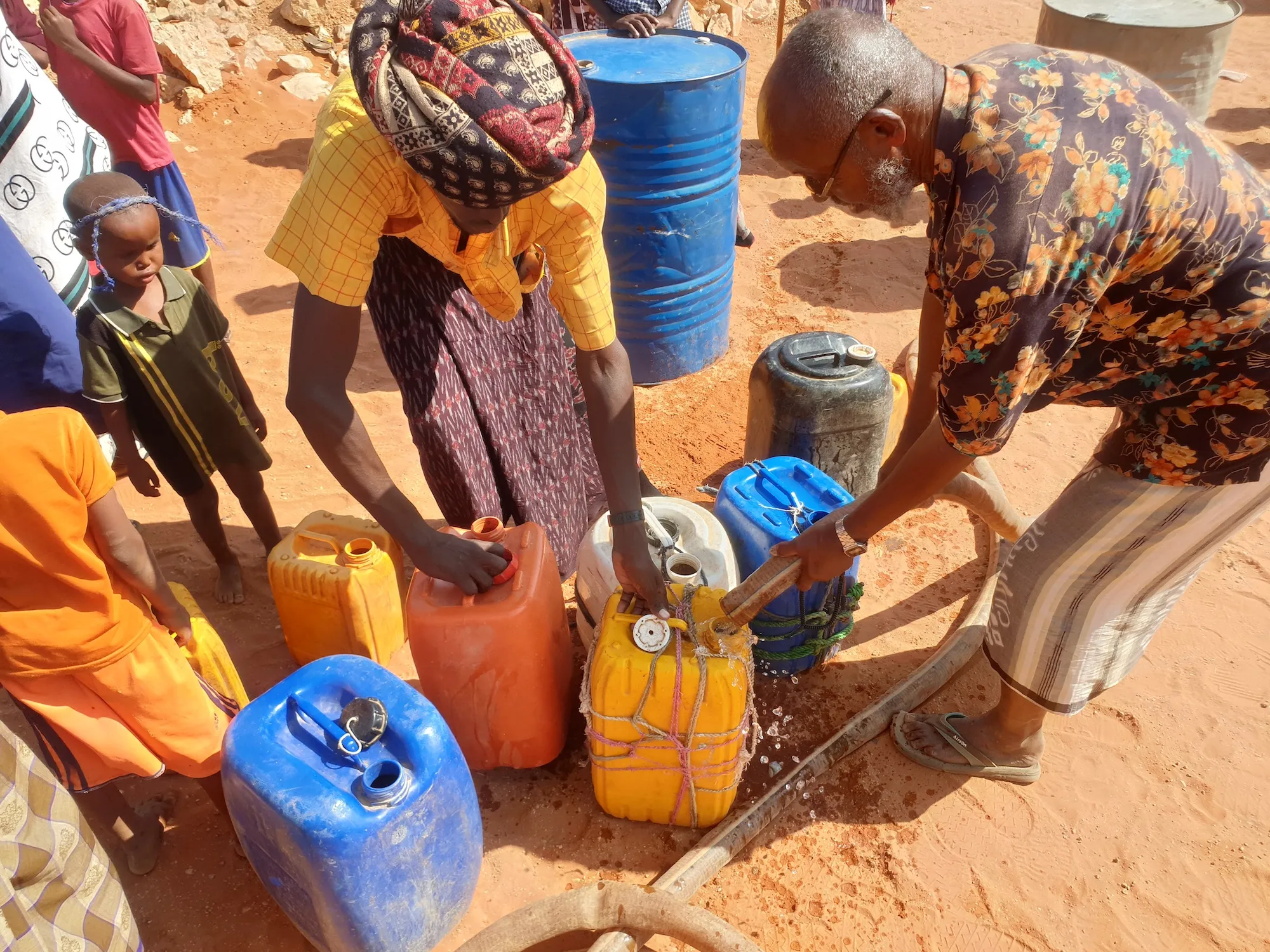An estimated 2.7 million people in Somalia/Somaliland are at-risk of food insecurity during the country’s current rainy season due to poor seasonal rains and drought, an increase in need of more than 65 percent, in a country already reeling from multiple crises.
Climate change, conflict, and the coronavirus pandemic in Somalia/Somaliland have created a multi-layered humanitarian crisis, which is increasing the vulnerability of people in the region.
“Communities in Somalia and Somaliland have told us that they fear a repeat of the 2017 severe drought,” says CARE Somalia/Somaliland Country Director Iman Abdullahi.
“We fear that more girls will be married off early as families look for ways to cope with the current harsh economic conditions.”
In response, CARE is supporting communities with water and disbursing cash to assist with immediate food needs. CARE is also providing primary health services, feeding programs for infants and children, and treatment for those with moderate and severe acute malnutrition. Sexual and gender-based violence has also increased during the pandemic and CARE is also supporting survivors with clinical and psychosocial support.
Abdullahi offers background on the crises, insight into how women and girls are disproportionately impacted and explains what is needed to respond to this complex situation.
Somalia is experiencing a very severe compounded crisis right now. Can you take a step back and explain how we got here?
Somalia is currently facing triple shocks of COVID-19, a desert locust infestation, and the effect of the 2019-2020 floods, including the Gati cyclone in Bari-Puntland. The country has been very unfortunate to suffer from a combination of crises one after the other.
As Somalia was reeling from the floods in 2019 and 2020 that destroyed crops, the COVID-19 pandemic hit. The global lockdowns and resulting economic hardships led to a great reduction in remittances. Most families in Somalia/Somaliland rely on these remittances from relatives working in other countries.
As if this was not enough, the country suffered from the desert locust infestation, which destroyed the few crops and pasture that had survived the floods. Now, due to below average rainfalls, more than 34 districts are facing alarming water shortages and the current dry conditions have been declared a drought. The worst-affected areas are in Somaliland, Puntland, Galmudug, Hirshabelle and Jubaland.

